To provide the best experiences, we use technologies like cookies to store and/or access device information. Consenting to these technologies will allow us to process data such as browsing behaviour or unique IDs on this site. Not consenting or withdrawing consent, may adversely affect certain features and functions.
The technical storage or access is strictly necessary for the legitimate purpose of enabling the use of a specific service explicitly requested by the subscriber or user, or for the sole purpose of carrying out the transmission of a communication over an electronic communications network.
The technical storage or access is necessary for the legitimate purpose of storing preferences that are not requested by the subscriber or user.
The technical storage or access that is used exclusively for statistical purposes.
The technical storage or access that is used exclusively for anonymous statistical purposes. Without a subpoena, voluntary compliance on the part of your Internet Service Provider, or additional records from a third party, information stored or retrieved for this purpose alone cannot usually be used to identify you.
The technical storage or access is required to create user profiles to send advertising, or to track the user on a website or across several websites for similar marketing purposes.
 When coronavirus lockdowns were introduced, the shift to flexible working and remote work was sudden and sweeping. Now the British government is hoping the return to the office will be just as swift – to help the economy “get back to normal”. But pushing everyone back to the office full time fails to recognise the many benefits that working from home has brought. It also fails to capitalise on this moment of change. (more…)
When coronavirus lockdowns were introduced, the shift to flexible working and remote work was sudden and sweeping. Now the British government is hoping the return to the office will be just as swift – to help the economy “get back to normal”. But pushing everyone back to the office full time fails to recognise the many benefits that working from home has brought. It also fails to capitalise on this moment of change. (more…)







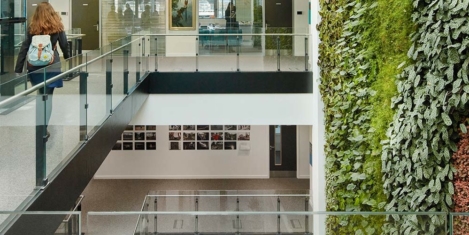
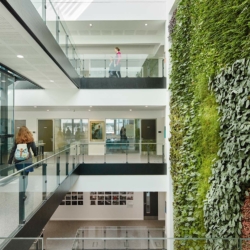
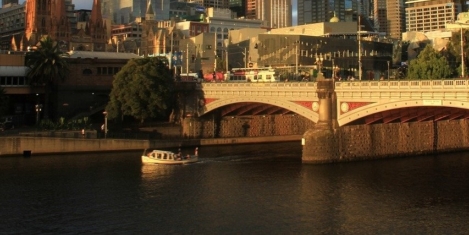
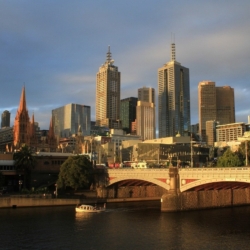

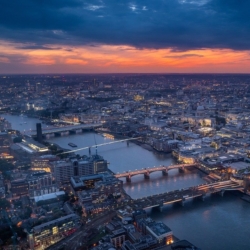


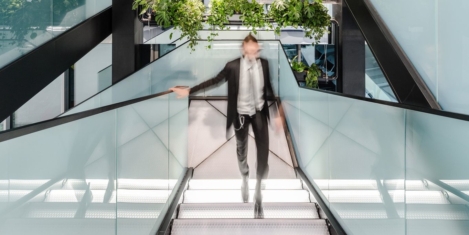
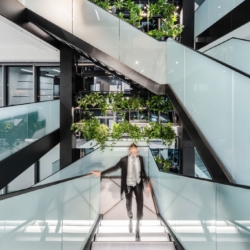


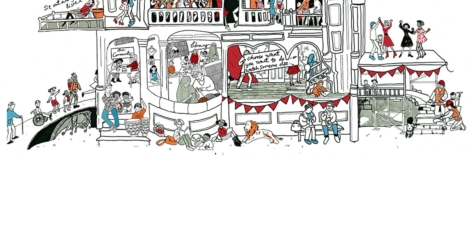
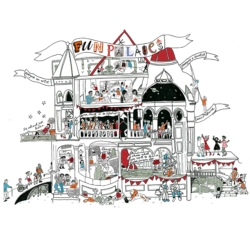
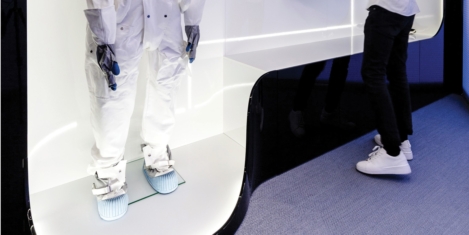
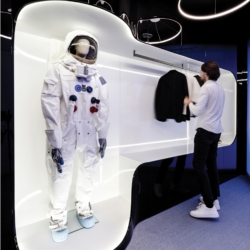
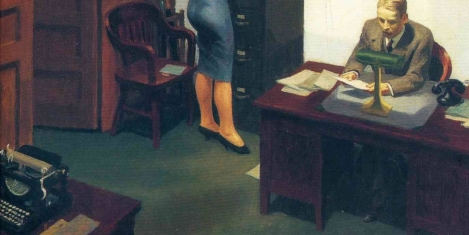












July 30, 2020
The golden age of procrastination and the tyranny of time keeping 0
by Mark Eltringham • Comment, Features, Wellbeing, Workplace